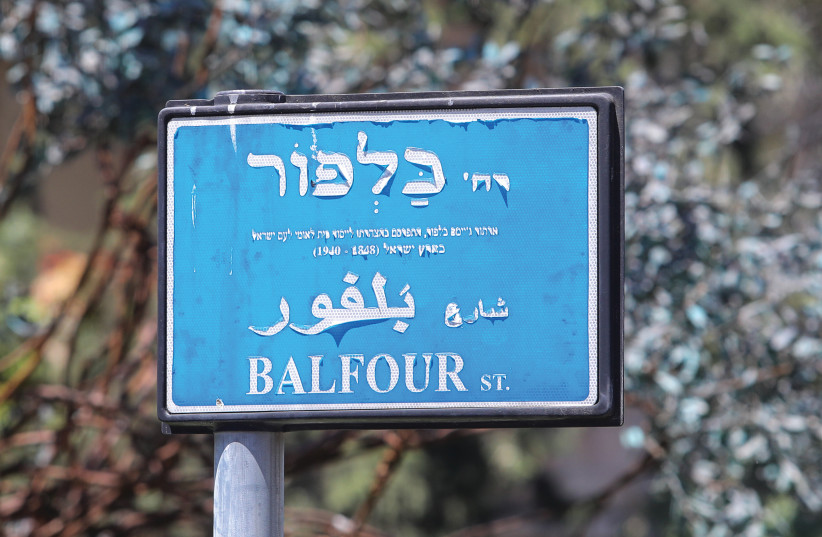The Knesset Finance Committee on Wednesday approved Prime Minister Benjamin Netanyahu’s request to fund both of his private homes, on Aza Street in Jerusalem and in Caesarea, at the state’s expense and increase expenditures for the Prime Minister’s Residence in Jerusalem.
According to law, the state finances the expenses of the Prime Minister’s Residence and the prime minister’s private residence if it is outside of Jerusalem. The official residence on Balfour Street in Jerusalem is currently under renovation, so the committee gave its approval for the house on Aza Street to be regarded as the official Jerusalem residence, and the Caesarea home will remain the residence outside of Jerusalem.
This means the state will cover the expenses of both of Netanyahu’s privately owned houses.
In addition, the committee decided that the residence would receive four employees as office workers instead of the previous two; that the state will fund events hosted by the prime minister or his wife outside of the residence, including their documentation; that the state will fund the prime minister’s spouse’s participation in an event, conference or delegation in Israel or abroad; and that the prime minister and his wife will receive NIS 80,000 a year to fund their formal appearance, i.e., clothing, makeup and hairstyling, instead of the previous NIS 40,000.
The committee also decided that the Prime Minister’s Office director-general will be responsible to determine the extent of a number of expenses relating to the residence and not the office’s legal adviser.

In response to queries by Yesh Atid MK Vladimir Beliak, Prime Minister’s Office Director-General Yossi Shelly said it was not clear how much these decisions would cost. Beliak tore the paper with the decision as the vote was being held in the Knesset.
Thursday’s session was the second held on the issue in two days. The Prime Minister’s Office had directed Likud MKs to attend the session to show support for Netanyahu, Channel 12 reported Wednesday.
“I am embarrassed to take part in the committee today,” Beliak said Thursday during the session. “In the last two months since this government was formed, [the price of] electricity rose, water rose, interest rates rose twice, food prices are continuing to skyrocket, and after all this, the coalition chooses to bring to the Finance Committee a debate over the Netanyahu family’s financial demands and its urgent approval"
Balfour Residence deemed uninhabitable in 2021
Former prime ministers Naftali Bennett and Yair Lapid faced similar issues, as the Prime Minister’s Residence on Balfour Street was deemed uninhabitable in 2021 when Netanyahu already had left office.
Bennett did not request an alternative residence in Jerusalem and instead worked from his home in Ra’anana.
Lapid also did not request an alternative residence in Jerusalem and instead slept in a small apartment near the Balfour residence when necessary. He also did not request refunds for expenses accrued in his Tel Aviv home.
